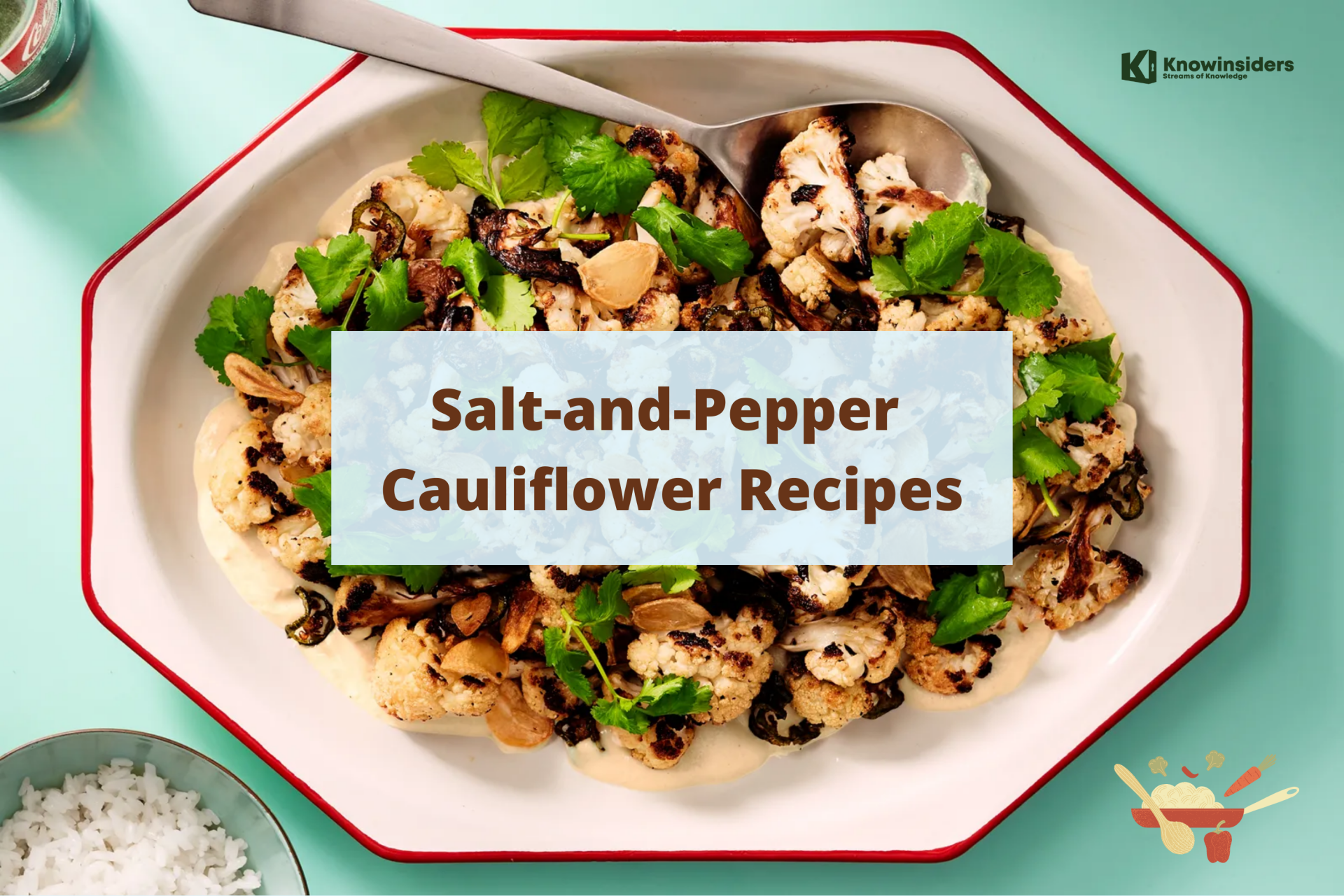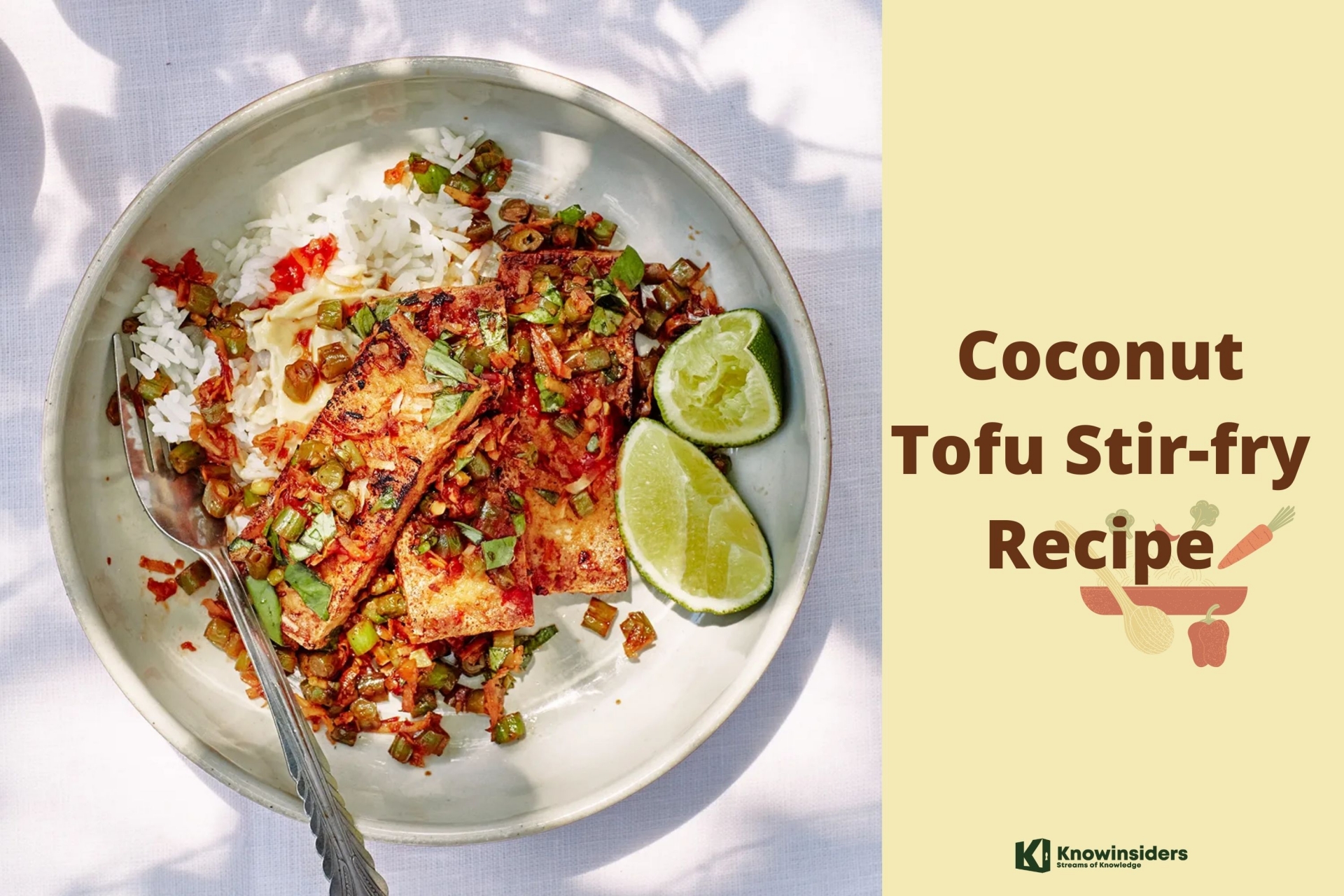How to Make Your Own Natural Bar Soap at Home
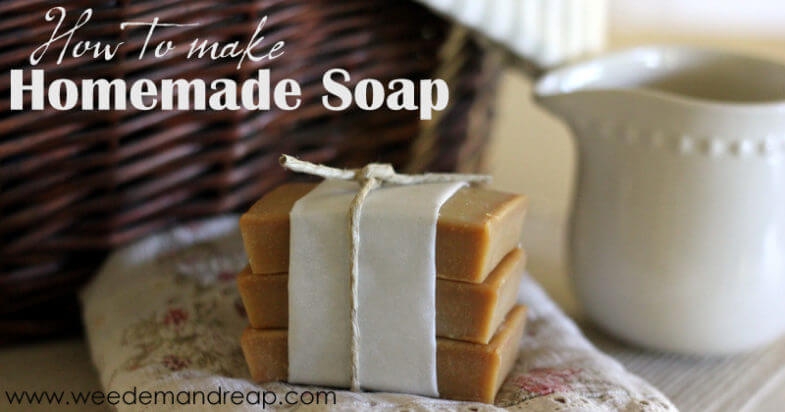 |
| Photo: weedemandreap.com |
Why Is It Beneficial to Use Homemade Soaps?
Homemade soaps are, no doubt, laden with benefits that cosmetic soaps simply cannot provide. If you are still apprehensive on whether you should take the plunge and make your own soaps, here are some benefits that may sway you to the natural side.
No Harmful Chemicals
The ingredients used in making natural soaps are not harmful to your body, unlike the parabens, petrochemicals, etc., used in the cosmetic ones. As per the study by the Environmental Working Group, triclosan used in over-the-counter soaps has been proven to adversely affect hormones and the reproductive system.
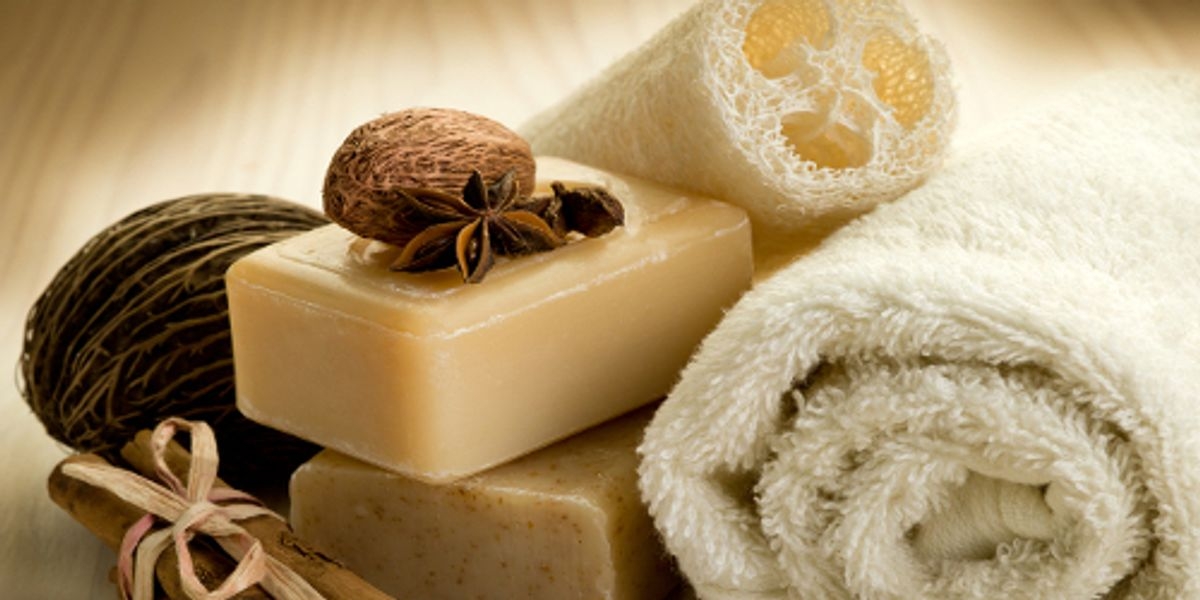 |
| Photo: EcoWatch |
Safer for the Planet
Toxic chemicals in cosmetic soaps can wreak havoc to the planet as they reach our oceans and get absorbed by the soil. On the other hand, natural soaps are made of ingredients that are environmentally friendly and hence the best alternative, as cited by Parenting.firstcry.com.
No Animal Testing
The cosmetic industry is ripe with accusations of animal testing of chemical products and for a good reason. Natural soaps don’t need to be tested on animals and will do away with this cruel process.
 |
| Photo: Pinterest |
Pure Essential Oils
Natural soaps are made with essentials oils that not only have a strong, soothing aroma but also carry anti-bacterial and anti-inflammatory properties making it a healthy choice.
No Waste
All of us know that soaps are often wrapped in plastic and other packaging materials that are not biodegradable. Imagine the number of soaps used around the world and the waste that it adds on to. Homemade soaps don’t need to be wrapped up in harmful plastic and thus, reduce waste.
Natural Aromas
As you use natural, pure essentials oils for the soap, you are gifted with natural fragrances that are pleasant, as opposed to the chemically coated, fragrance oil smell of the cosmetic soaps.
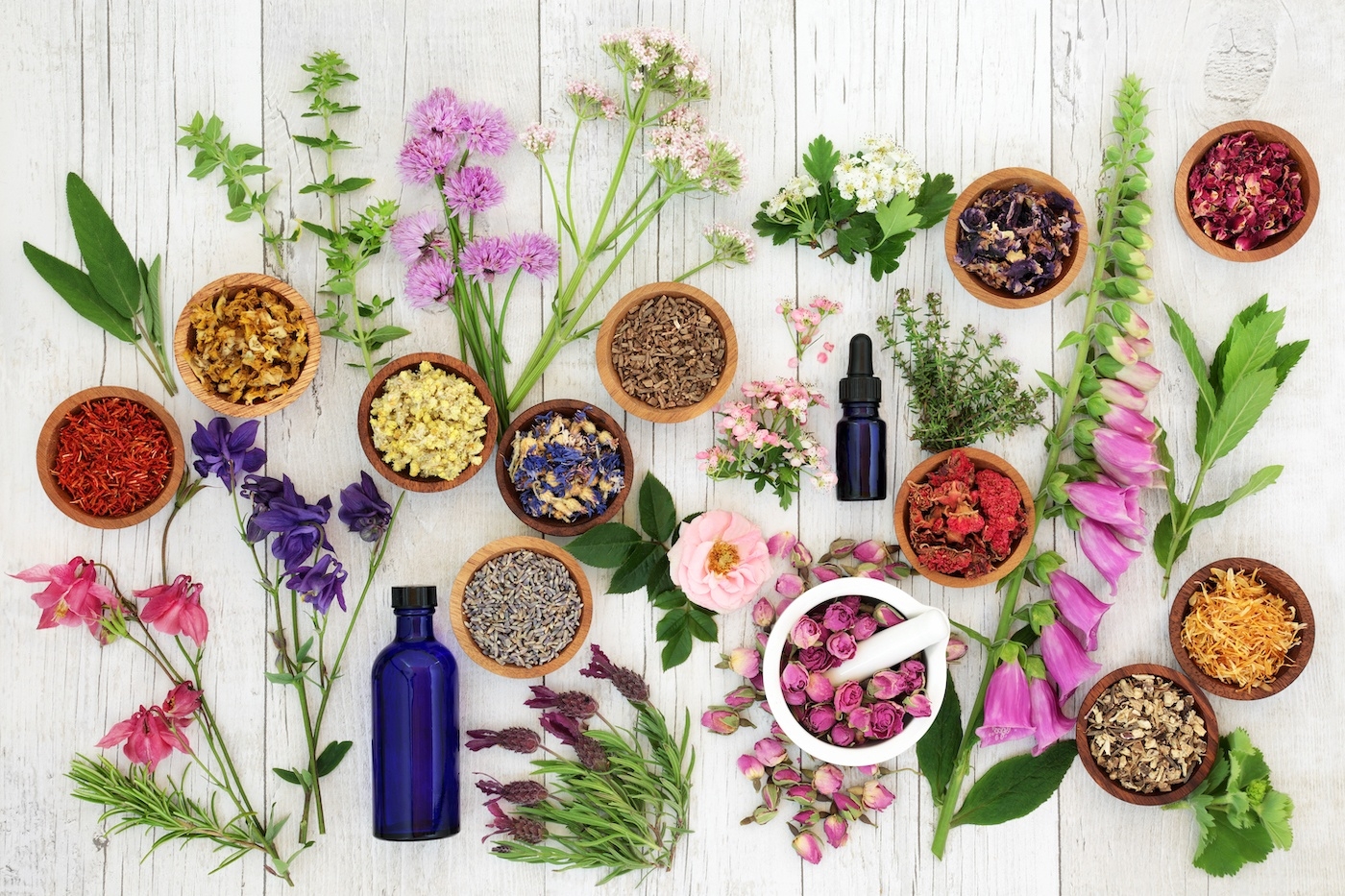 |
| Photo: Well+Good |
Better for Your Skin
The pH levels of natural soaps are usually around 9 or 10 which is well within the alkaline range, making it safer for your skin. It also enhances the cleansing properties of the soap.
The Recipe of Natural Homemade Bar Soap
Basic soapmaker supplies and tools
The following are basic soapmaking supplies, many of which you can find online:
- slow cooker
- plastic, glass, or stainless steel container (for measuring lye)
- heavy duty plastic, glass, or stainless steel container (for mixing lye and water)
- digital kitchen scale
- silicone spatulas (only used for soap making)
- immersion blender (with stainless steel shaft)
- candy thermometer (only used for soap making)
- silicone loaf mould (or individual moulds)
- soap cutter
Note: Avoid using aluminium or tin containers to handle lye, which can be unsafe.
Soapmaker safety equipment
- safety goggles
- rubber or latex gloves
- oven mitt
- long-sleeved shirt
- apron
- well-ventilated work area
Ingredients
To make this DIY soap with coconut and olive oils, you’ll need:
20 oz. coconut oil
10 oz. olive oil
9 oz. distilled water
4.78 oz. 100 percent pure lye
essential oils
colourants (optional)
dried herbs or flowers (optional)
Calculating fat to lye ratios: While you can adjust the ingredients to make smaller or larger batches, it’s important to calculate a safe amount of lye. This depends on the type and amount of oil. Always calculate the amount using the Handcrafted Soap and Cosmetic Guild’s lye calculator, according to Health Line.
Directions
#1. Measure your ingredients and put on your safety gear. Set the slow cooker to low. Add the coconut oil.
#2. As the coconut oil melts, prepare the lye solution. Slowly add the lye to the water. (Do not add water to lye — this is unsafe.)
#3. With a spatula, carefully stir the solution as you add the lye. It’ll become hot and release fumes, which is normal.
#4. Set aside the lye solution, and let cool for 15 to 20 minutes.
#5. Check the oils. If the coconut oil has completely melted, add the olive oil. Stir well.
#6. Once the oils have reached 120 to 130°F (49 to 54°C), place the immersion blender on the side of the slow cooker. Gently pour the lye to avoid splashing. Stir slowly.
#7. Set the blender to low. Stir the mixture, moving in circles. Keep the blender immersed to avoid air bubbles.
#8. Continue blending and stirring for 10 to 15 minutes, or until the soap has reached trace. This is when the oils and lye solution have emulsified and looked like pudding.
#9. Cover the slow cooker, and cook on low for 50 minutes. If the mixture bubbles, stir it gently.
#10. Turn off the slow cooker. Let cool until the mixture drops below 180°F (82°C). Add essential oils and colourants, if using. Mix well.
#11. Pour the mixture into the soap mould. Smooth the top with a spatula. Tap the mould onto your work surface to eliminate air bubbles. Top with dried herbs, if using.
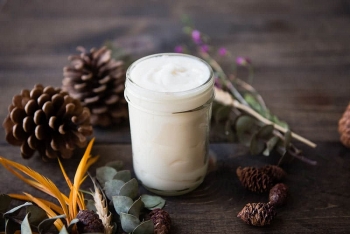 How To Make Natural Deodorant At Home How To Make Natural Deodorant At Home Deodorant can contain a lot of harmful chemicals. Save time and money by making this natural homemade deodorant with coconut oil, baking soda, and oils. ... |
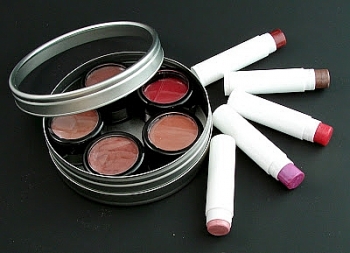 How to make safe natural lipsticks at home How to make safe natural lipsticks at home Lipsticks are obviously powerful makeup tools to make you look more youthful and beautiful. However, there are many lipsticks that has unknown origins. Know Insider ... |
 How to Make Special Halloween Hats? How to Make Special Halloween Hats? 4 steps to Make Halloween Hats: The word Halloween is a direct derivation of All Saints’ Day. An old name for All Saints’ Day is ... |


